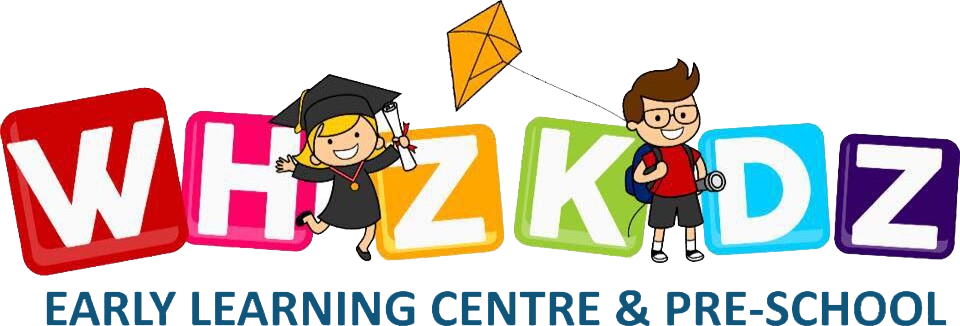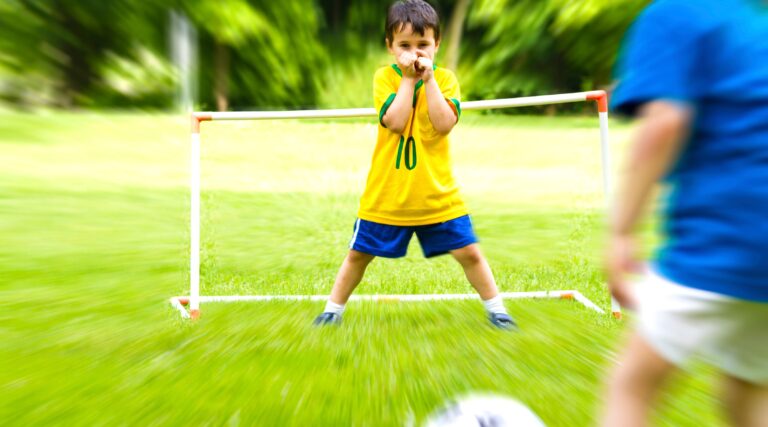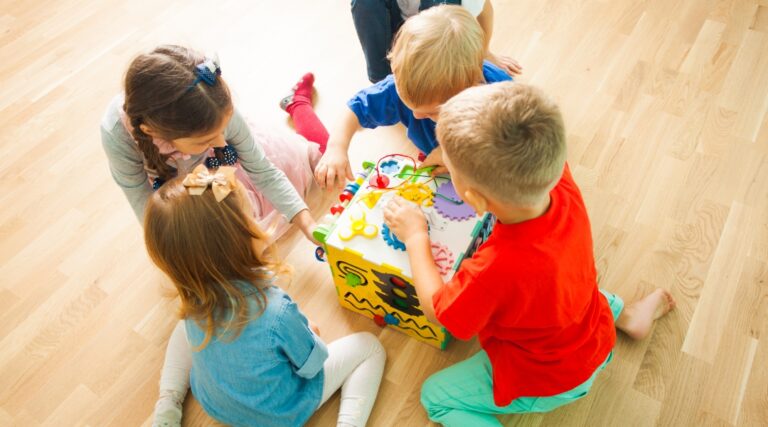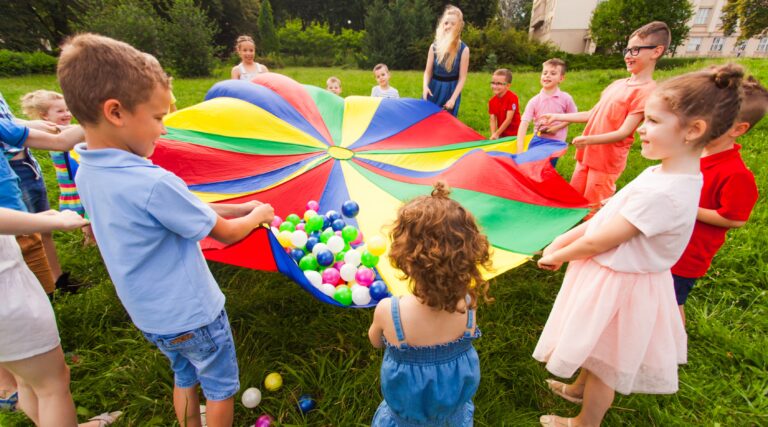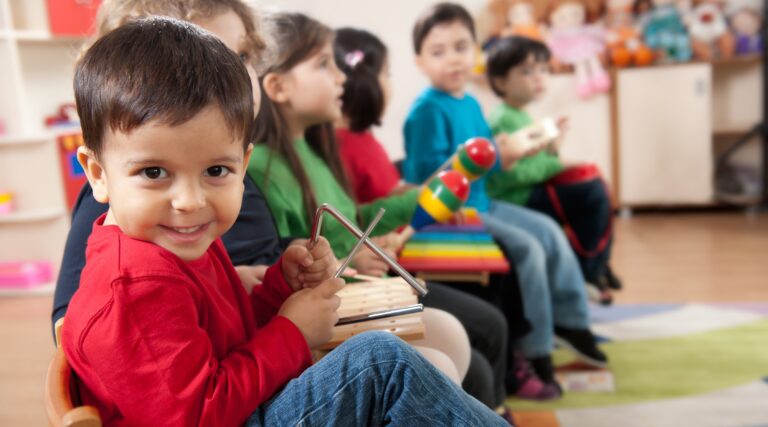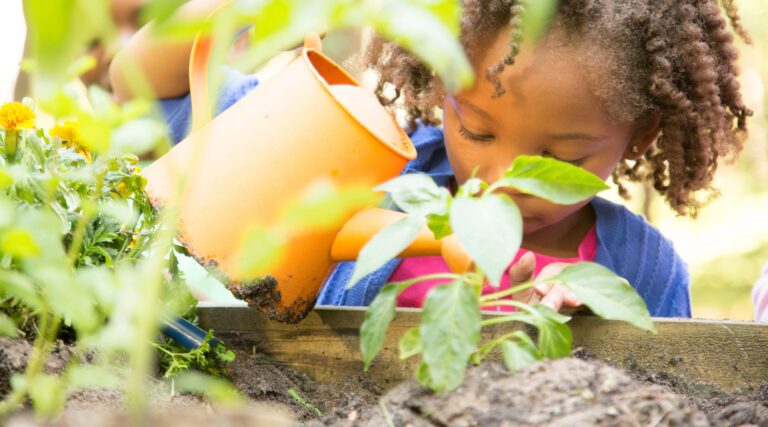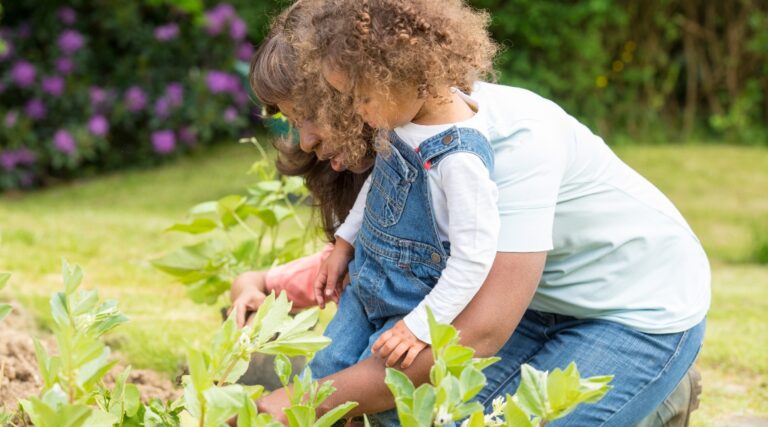The Benefits of Block Play for Young Children
At Whiz Kidz Baulkham Hills, we engage in block play on a daily basis. Block play is a fundamental, engaging activity that offers numerous benefits for the development of young children. Through the simple act of stacking, building, and arranging blocks, children gain a wide range of skills that contribute to their physical, cognitive, social, and emotional growth. The team at Baulkham Hills Whiz Kidz Early Learning Centre have put together a list of some of the key benefits of block play for young children:
Enhances Fine Motor Skills and Hand-Eye Coordination
Manipulating blocks helps children develop fine motor skills and hand-eye coordination as they learn to grasp, move, and place blocks with precision.
Promotes Spatial Reasoning
Block play encourages the understanding of spatial relationships and geometry. Children learn concepts such as over, under, besides, and between, which are crucial for mathematical reasoning and problem-solving.
Encourages Creativity and Imagination
When children engage in block play, they use their imagination to create structures, vehicles, landscapes, and more. This fosters creativity and innovative thinking, allowing children to express themselves and their ideas through their creations.
Supports Language Development
As children play with blocks, they often talk about what they are building, negotiate roles with peers, and solve problems together. This interaction promotes language development and vocabulary enrichment.
Improves Social Skills
Block play offers excellent opportunities for social interaction among children. They learn to share materials, cooperate, negotiate, and collaborate on projects, which are important social skills that benefit them throughout their lives.
Teaches Mathematical Concepts
Blocks are ideal for introducing mathematical concepts in a tangible way. Children learn about numbers, measurement, comparison, shape, size, symmetry, and balance through hands-on experiences with block play.
Fosters Problem-Solving Skills
Building with blocks presents children with challenges to overcome, such as creating structures that stand up or balance. Solving these problems enhances their analytical thinking and problem-solving skills.
Encourages Persistence and Resilience
As children experience structures falling or designs not working out as planned, they learn the importance of persistence and resilience. Rebuilding after a setback teaches them that failure is part of learning and growth.
Enhances Attention and Concentration
Block play can absorb children’s attention for extended periods, helping to improve their ability to concentrate and focus on a task. This is a critical skill for academic success and overall learning.
Supports Emotional Development
Through block play, children can express their feelings and experiences. Building can be a therapeutic activity, allowing children to work through emotions and stress in a constructive way.
Promotes Independence and Self-Confidence
As children make decisions and see their ideas come to life through block play, they develop a sense of independence and confidence in their abilities.
Inclusive and Accessible
Block play is accessible to children of various ages, abilities, and interests, making it an inclusive activity that supports diverse learning styles and needs.
By incorporating block play into our daily routine at Whiz Kidz Baulkham Hills, playtime has become a powerful way to support the children’s holistic development. It provides children with a playful and engaging context to explore and learn about the world around them, developing essential skills that form the foundation for future learning and growth.
